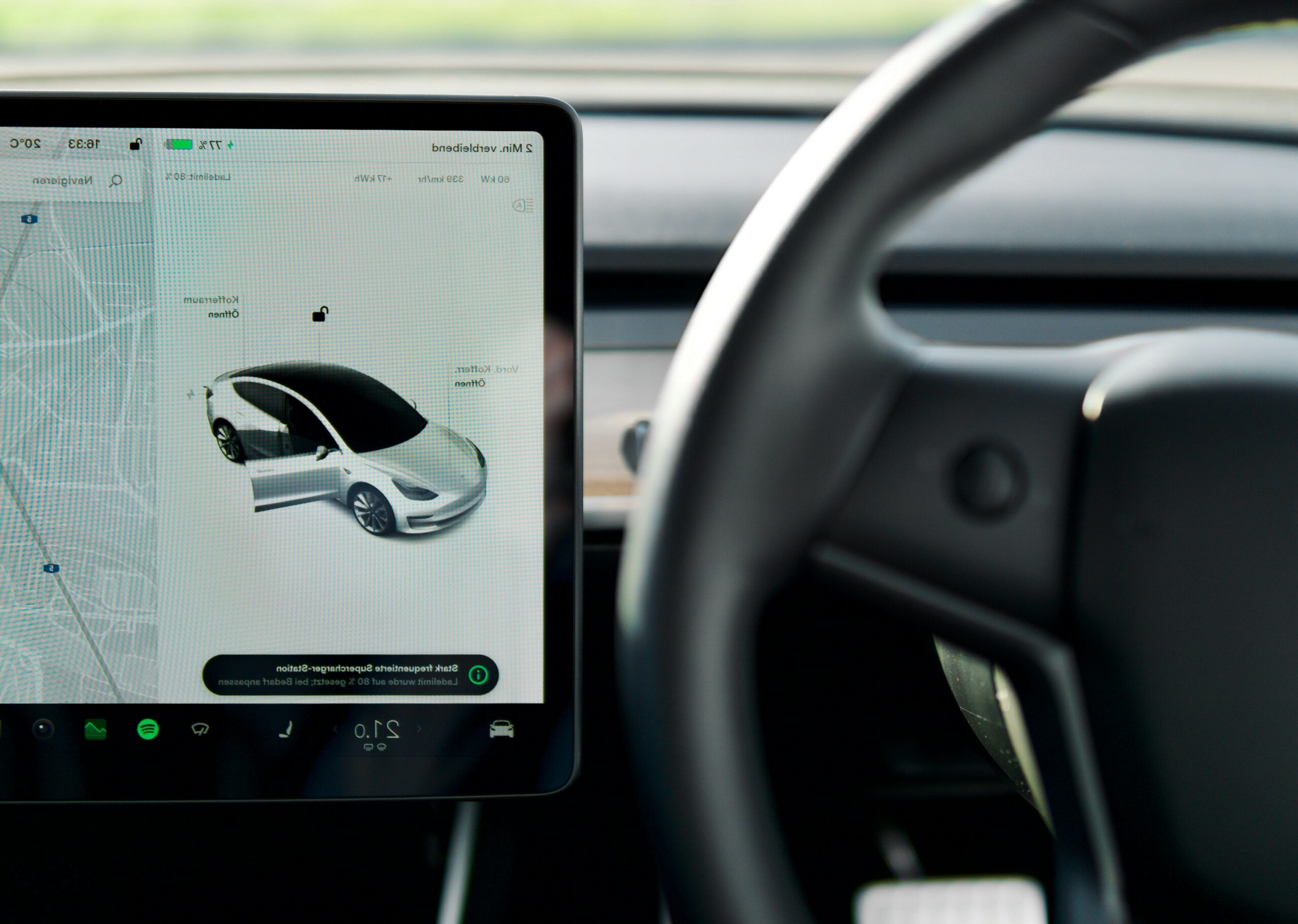GadgetWheels
Tech to be vital enabler of SA auto industry in 2024
Trends anticipated by the National Automobile Dealers’ Association include the emergence of artificial intelligence in mainstream applications.
Technology is expected to be a vital enabler for the automotive industry in South Africa in 2024, says the National Automobile Dealers’ Association (NADA). It expects the year to be marked by smarter vehicles, expanded electric vehicle charging infrastructure, and even the emergence of artificial intelligence (AI) in mainstream applications.
However, the adoption of New Energy Vehicles (NEVs) like electric vehicles and alternative fuel technologies depends on factors such as price, charging infrastructure, and government policies.
Despite this, NADA says it is cautiously optimistic about the outlook of the local automotive industry in 2024.
According to Brandon Cohen, national chairperson of NADA, factors like oil prices, currency fluctuations, the election-induced legislative landscape, and global political dynamics contribute to a socio-economic climate that’s riddled with uncertainties,
“The year 2024 holds a complex tapestry of economic and geopolitical uncertainties, each thread woven with ‘what-if’ scenarios that could significantly influence South Africa’s automotive landscape,” he says. “From the stability of oil prices and currency fluctuations to the election-dominated legislative landscape and global political dynamics impacting trade terms, the automotive sector faces a challenging journey ahead.
“As we stand at the end of January, seen in many quarters as the real start of the year, a comprehensive understanding of these uncertainties becomes paramount for stakeholders navigating the intricate balance between risk and resilience.”
NADA outlined these major trends influencing the automotive industry:
Key influencers include consumer sentiment, fuel pricing, interest rates, power availability, and logistics. Consumer sentiment drives purchasing decisions, while fuel pricing impacts operating costs. Fluctuations in interest rates and logistical challenges contribute to the overall dynamics of the industry.
The widening instability in the Middle East with the Red Sea shipping channel under Houthi attack and the US/UK response thereto is possibly going to affect the global automotive industry. This is already starting to affect oil prices but also may begin to upset supply chains again with shipping companies electing to pass by the Cape rather than risk attack.
The current situation with regard to the supply-chain process and multiple countries collaborating on parts and components, could be affected by OEM’s having to reroute shipments around the Cape of Good Hope, which could lead to reprioritising of supply of items and shortages of components.
What is certain is that the extra cost of diverting vessels that are not even destined for our markets, will increase operating costs for the manufacturers and this will likely have to be borne by all customers including dealerships.
Anticipation of Economic Conditions in South Africa 2024:
The outlook for the car market in 2024 is intricately linked to broader economic conditions, particularly with elections introducing uncertainty. Stability in the local political landscape will be crucial for sustained economic stability across all sectors, including the automotive sector.
Current State of the Automotive Retail Market:
The automotive market in South Africa is currently strained, marked by a decline in passenger vehicle sales over the past five months. Contributing factors include challenges with Eskom, elevated interest rates, and financially stretched consumers, creating a challenging period for the automotive industry.
As the retail landscape takes shape this year, dealers are closely evaluating the intersection of new vehicle supply and the normalisation of the used-car market. Despite a sustained pent-up demand for used vehicles, dealers are making plans to adapt to the evolving dynamics influenced by manufacturers’ revived new vehicle supply. This scenario is markedly different from what was experienced in the period following 2021 when few new vehicles were on the ground due to the shortage of semiconductors during the COVID-19 pandemic.
Technology’s Impact on the Automotive Industry:
Technology serves as a vital enabler for the automotive industry in South Africa. In 2024, expectations include smarter vehicles, expanded electric vehicle charging infrastructure, and increased influence of artificial intelligence (AI) in mainstream applications.
Adoption of New Energy Vehicles (NEVs) and Alternative Fuel Technologies:
The adoption of NEVs and alternative fuel technologies depends on factors such as price, charging infrastructure, and government policies. Addressing range anxiety and ownership costs is critical for widespread consumer adoption.
Changes in Consumer Behaviour:
Evolving consumer behaviour is evident in downsizing purchases, thorough research into pricing and financing options, and heightened caution regarding the interest rate cycle, shaping a market where consumers are more selective and financially conscious in their vehicle choices.
Impact of Regulatory Changes:
The automotive industry anticipates regulatory changes, with potential impact on income tax, VAT, fuel levies, and other fronts. The new NEV policy is considered pivotal for unlocking the full potential of NEVs in South Africa.
Digital Transformation in Automotive Retail:
Digital transformation significantly influences consumer behaviour and interactions in the automotive retail sector. In 2024, the digital landscape is expected to play an even more prominent role, providing opportunities for dealerships to enhance consumer experiences.
Addressing Skills Shortage in the Automotive Industry:
The shortage of skilled professionals entering the motor industry is a global challenge, and NADA acknowledges the growing scarcity of critical skills in the retail automotive sector. NADA is proactively inspiring individuals to pursue careers in this sector in response to this challenge. The diverse career opportunities within the automotive retail sector span academic (training in all areas of a dealership), operational, sales, technical, administration, and finance roles. The industry offers growth and training opportunities, extending from dealers to manufacturers and related service providers.
Encouraging Young Talent in the Motor Industry:
Young individuals aspiring to join the motor industry are advised to carefully consider their intentions and approach their career choices with dedication. NADA emphasises the importance of making a firm commitment to building a career within the industry.
NADA is a constituent association of the Retail Motor Industry Organisation (RMI).

















